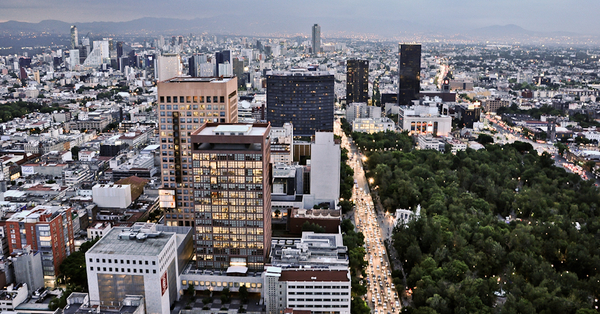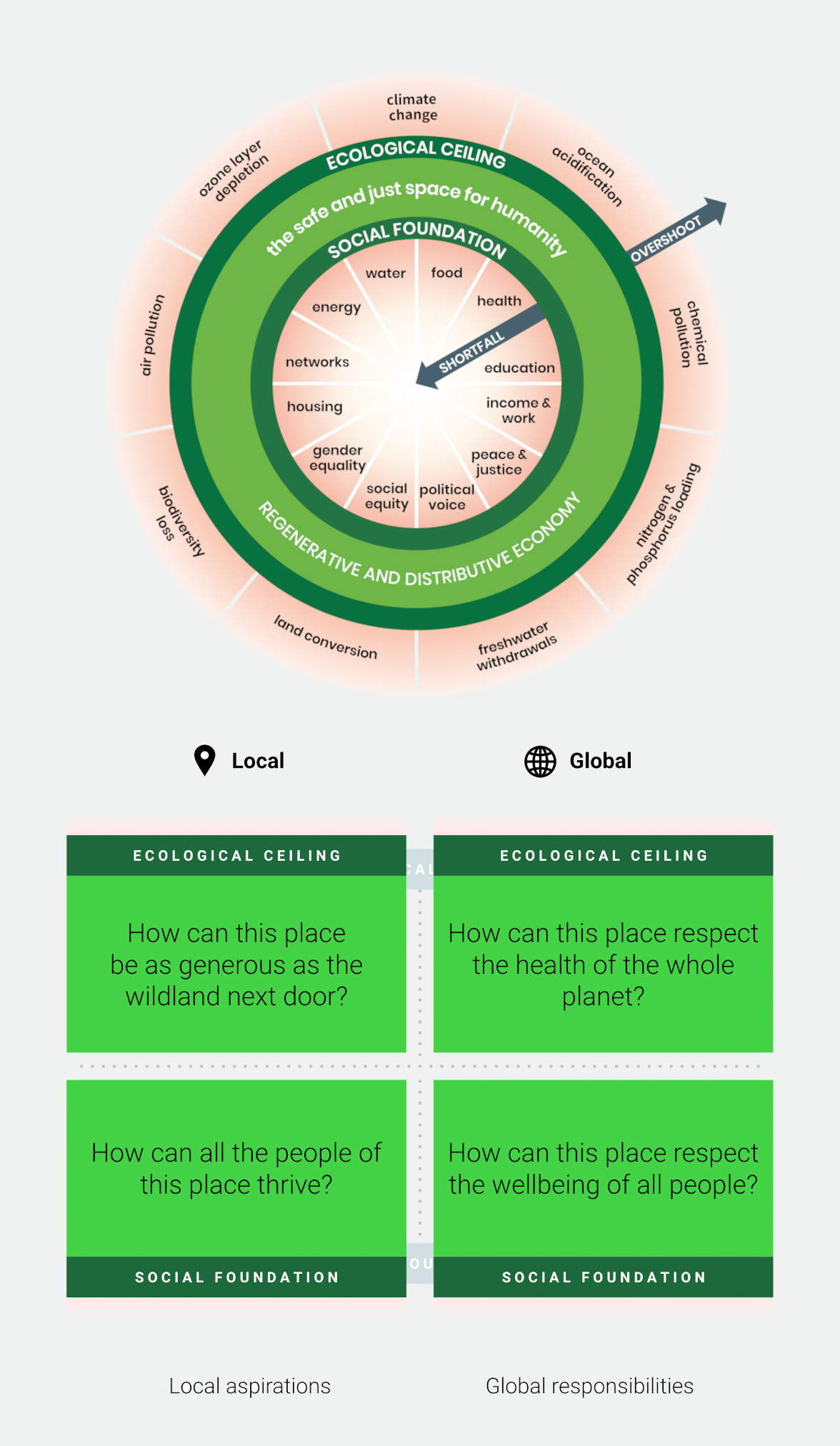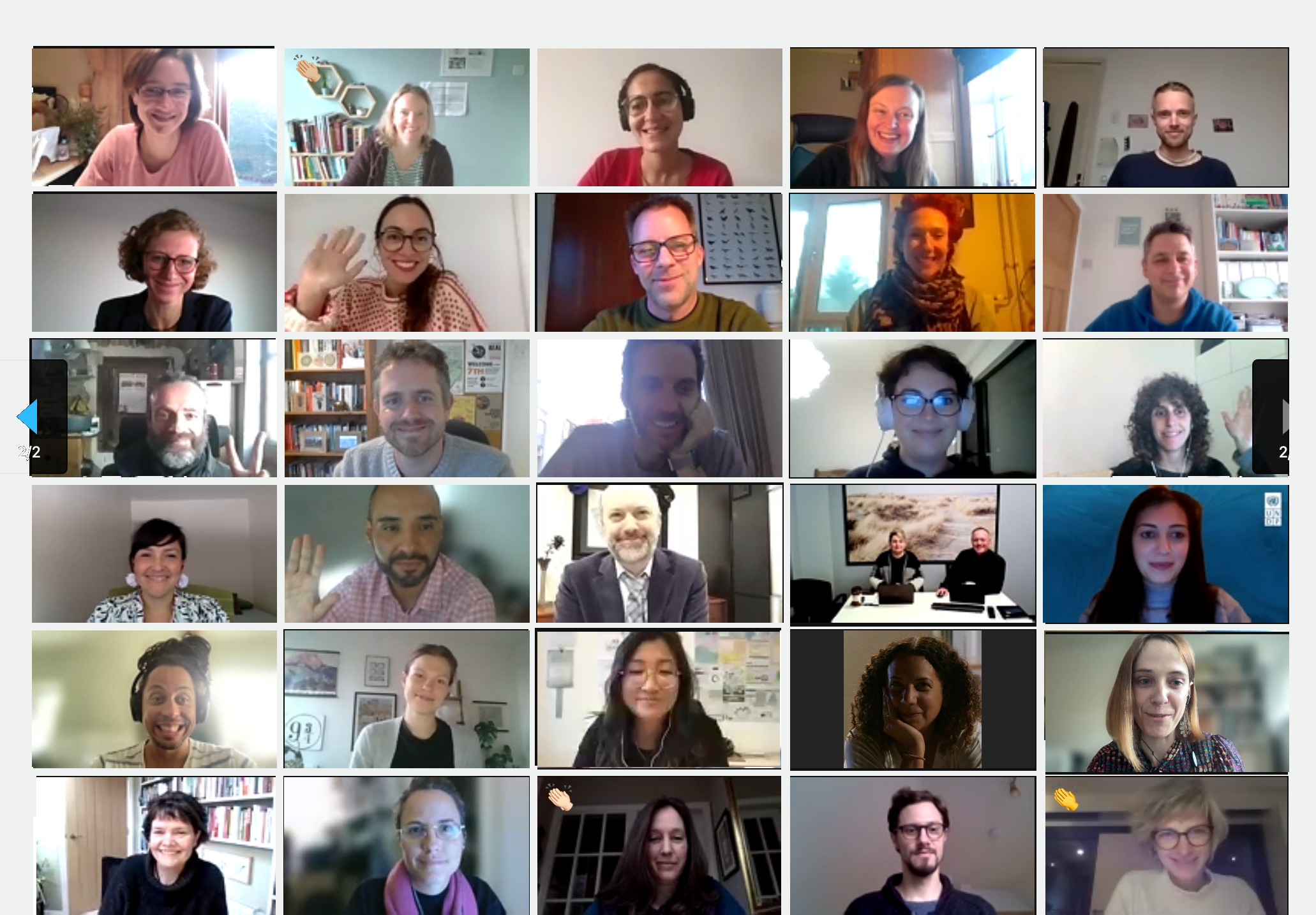The DEAL Community
Meet and join a global community of Doughnut Economics practitioners
Discover the Community Individual Members Organisations & Networks Principles & Guidelines EventsTools & Action
Get equipped with practical tools, and inspired by stories and images of action
Tools Stories Photo StreamThemes
Curated pathways through broad clusters of practice
Explore Themes Communities & Art Cities & Regions Research & Academia Schools & Education Business & Enterprise Government & PolicyTopics
Explore, learn and connect with others on specific topics
# doughnut-portrait # games # global-donut-days # neighbourhood # plain-language # research-for-action Explore all topicsDEAL
Learn about Doughnut Economics and DEAL's work
Doughnut Economics About DEAL News & Updates Meet the DEAL Team Careers FAQ Wider Movement Contact Us
.jpeg)


